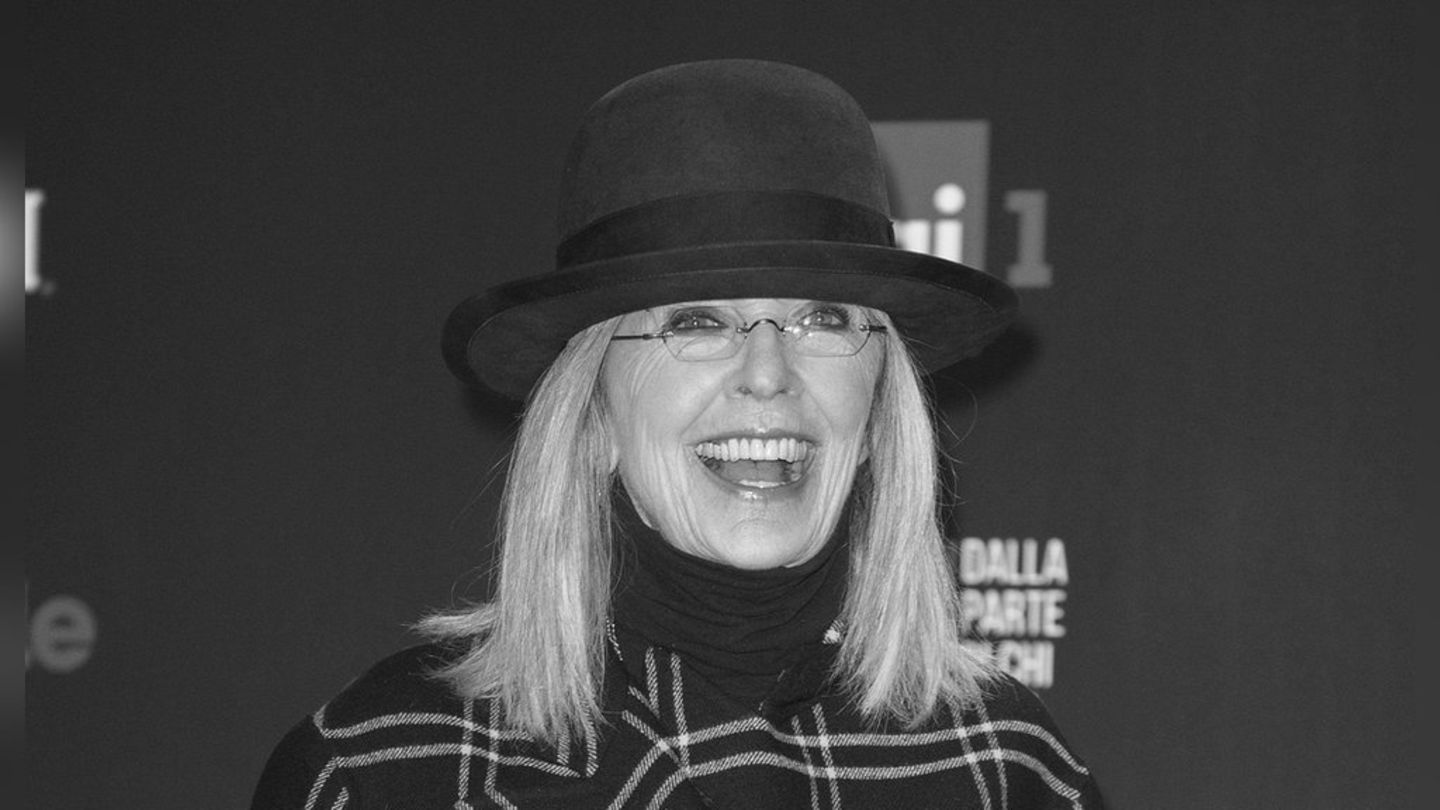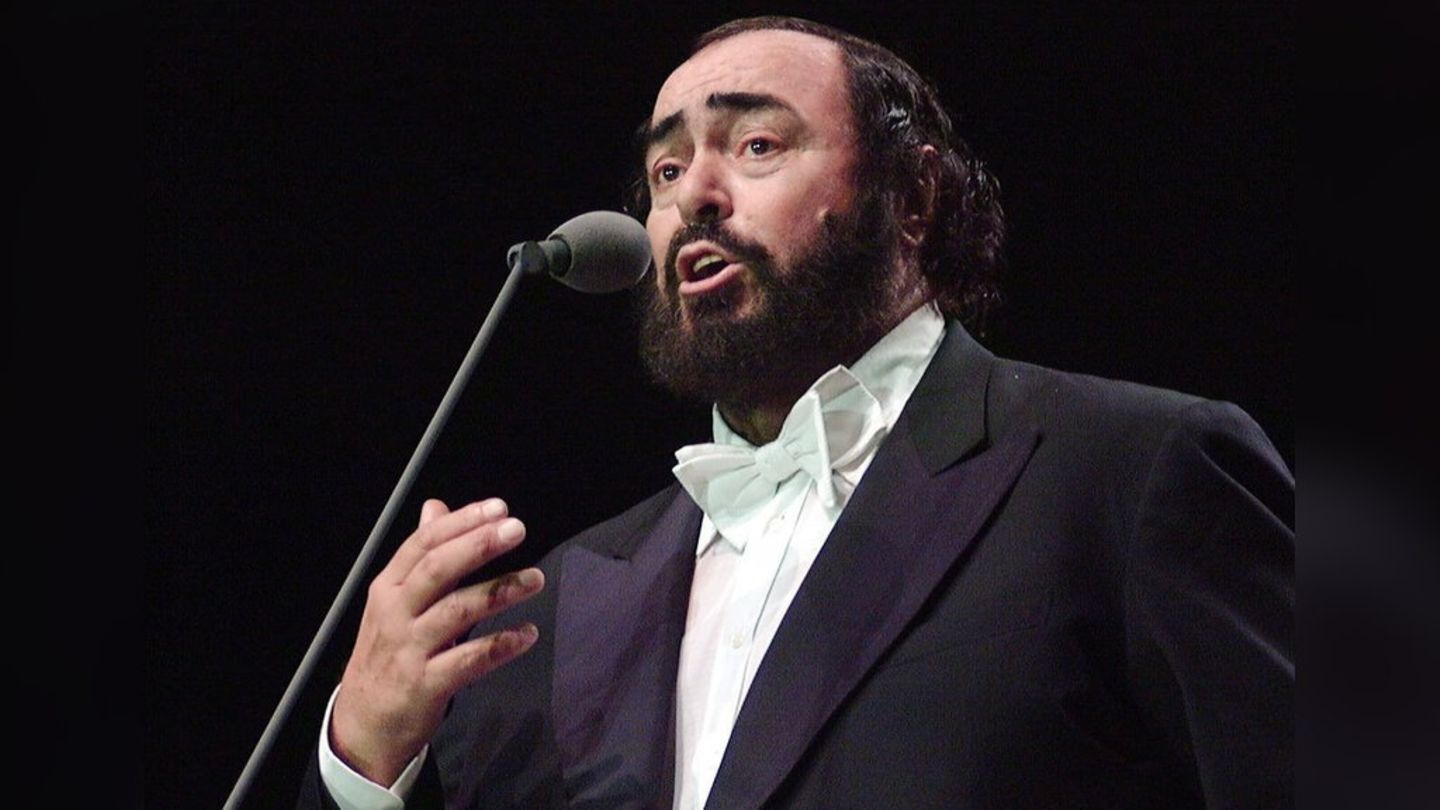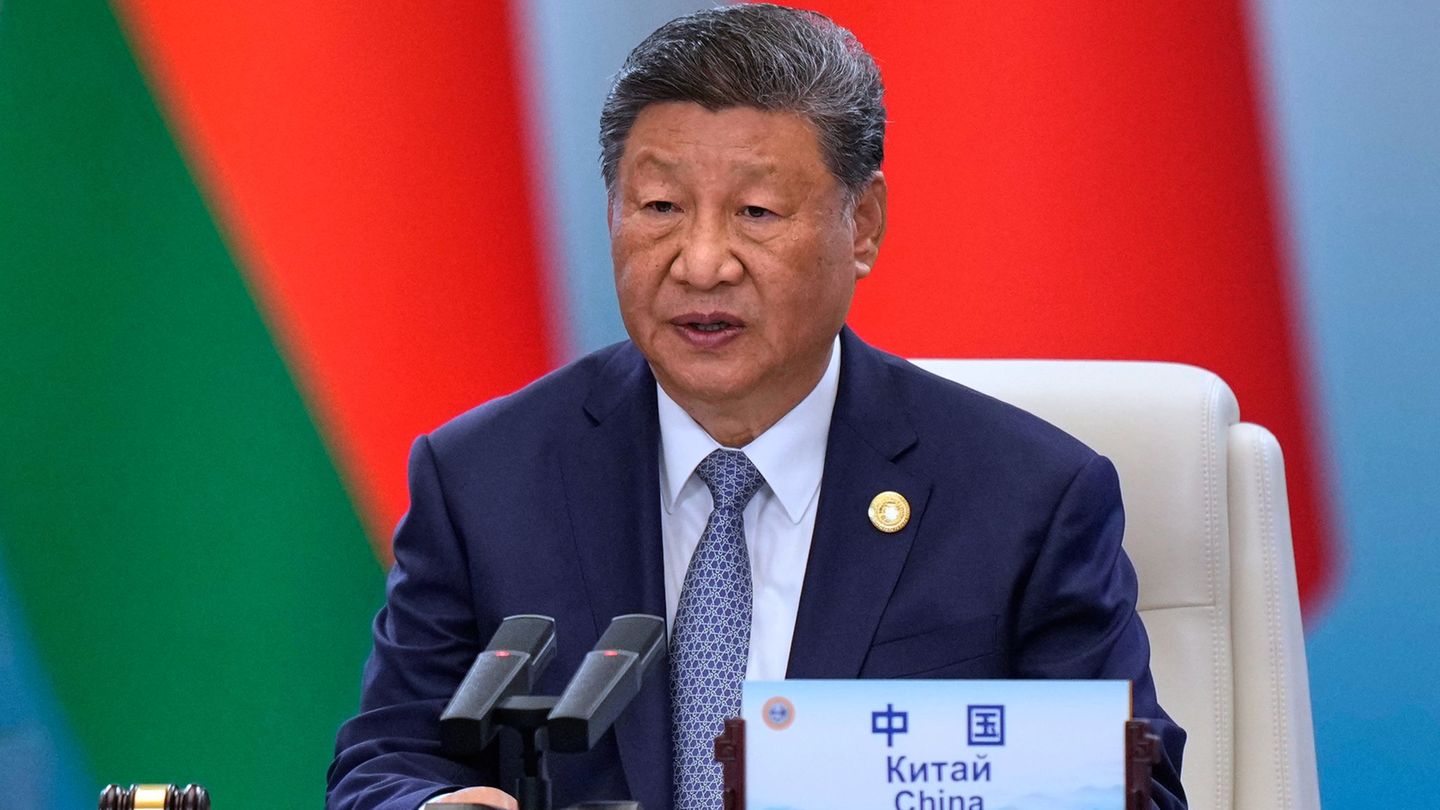I have been working in the news industry for over 6 years, first as a reporter and now as an editor. I have covered politics extensively, and my work has appeared in major newspapers and online news outlets around the world. In addition to my writing, I also contribute regularly to 24 Hours World.
Menu
Summit in Tianjin: China calls for unity against “power policy” from partners
Categories
Most Read
The situation at a glance: Anxious wait for hostages and bitter return to ruins
October 12, 2025
No Comments
If necessary, the SPD wants to protect the steel industry through state participation
October 11, 2025
No Comments
Middle East peace plan: cheers for Trump, whistles for Netanyahu in Tel Aviv
October 11, 2025
No Comments
Jette Nietzard is stepping down – and the Greens are hoping, at least for now
October 11, 2025
No Comments
Party juniors: Defiance and tears: Green Youth leader Nietzard’s farewell
October 11, 2025
No Comments
Latest Posts

Andreas Gabalier: The singer is taken again
October 12, 2025
No Comments
Lisa HarrisI am an author and journalist who has worked in the entertainment industry for over a decade. I currently work as a news editor

Stars say goodbye to Diane Keaton: She was “unique, brilliant, funny”
October 12, 2025
No Comments
Lisa HarrisI am an author and journalist who has worked in the entertainment industry for over a decade. I currently work as a news editor

Luciano Pavarotti would have been 90 years old: the legend lives on
October 12, 2025
No Comments
Lisa HarrisI am an author and journalist who has worked in the entertainment industry for over a decade. I currently work as a news editor
24 Hours Worlds is a comprehensive source of instant world current affairs, offering up-to-the-minute coverage of breaking news and events from around the globe. With a team of experienced journalists and experts on hand 24/7.

